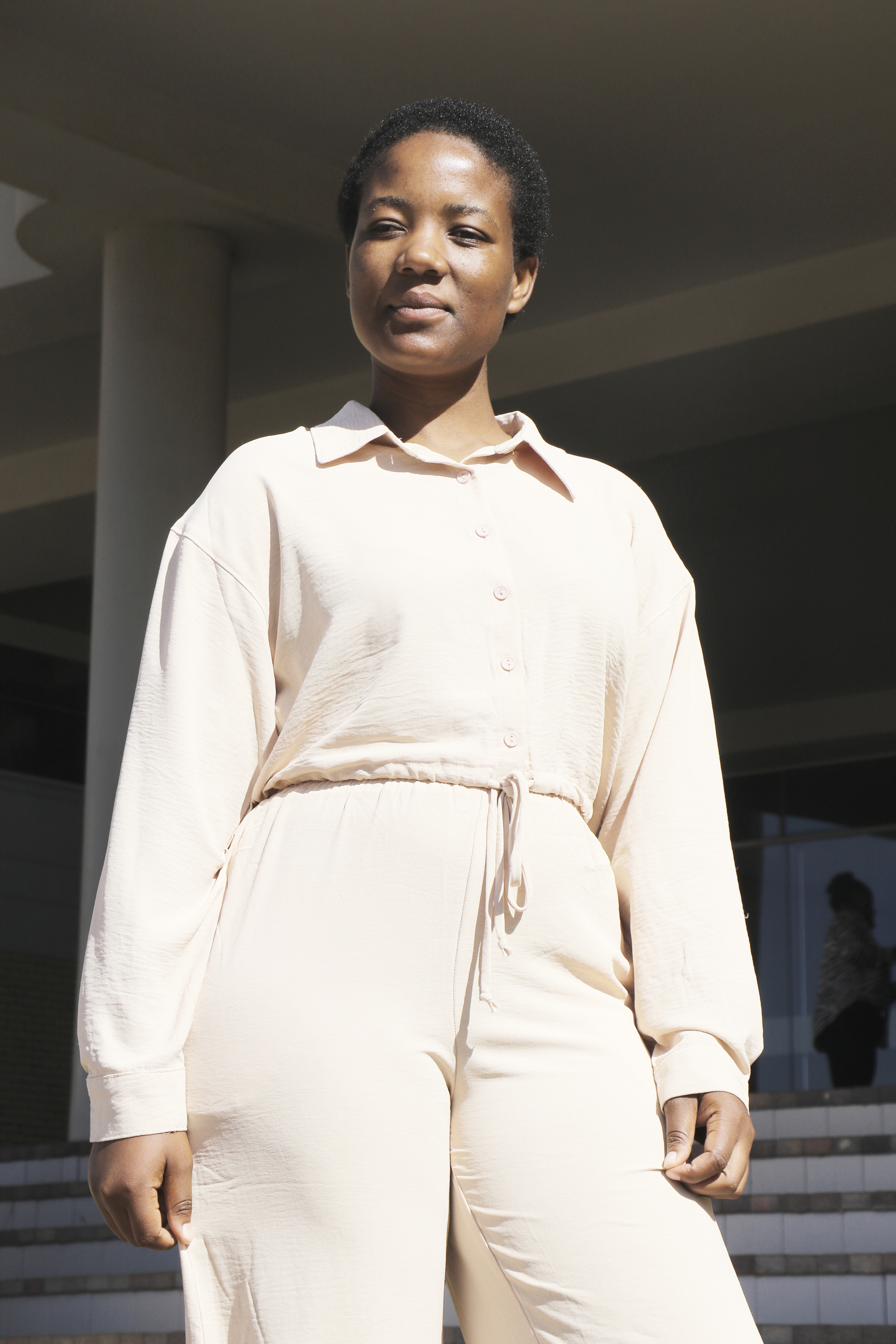Wheels of Hope – Memory’s Inspiring Journey and Fight for Inclusive Education
 When a young boy with cerebral palsy rolled into class each morning on a broken, squeaky wheelchair, 21-year-old Memory Zikhale could not look away. As part of her final-year practical at the University of Botswana (UB), she made it her mission to find him a functional wheelchair, one that would restore not just his mobility but also his dignity and ability to fully participate in school life.
When a young boy with cerebral palsy rolled into class each morning on a broken, squeaky wheelchair, 21-year-old Memory Zikhale could not look away. As part of her final-year practical at the University of Botswana (UB), she made it her mission to find him a functional wheelchair, one that would restore not just his mobility but also his dignity and ability to fully participate in school life.
“It was more than just replacing a chair,” Memory recalls softly. “It was about proving that every child, regardless of ability, deserves to be seen, supported and given the chance to thrive.”
For the UB student, who is completing a Bachelor of Education in Special Education (Intellectual and Developmental Disabilities) alongside Environmental Science, the moment was both a test and a turning point. It demanded persistence, advocacy and a willingness to face rejection after rejection from potential sponsors before eventually securing support. That experience, she says, shaped her understanding of what it truly means to be an inclusive educator. “You can’t give up. You have to fight for your learners because if you don’t, who will?” she asks rhetorically.
Memory’s decision to study special education was not random. Growing up, she often noticed how learners with intellectual and developmental disabilities were misunderstood, excluded or simply overlooked. That struck a chord. “I’ve always had a heart for helping others,” she says. “But seeing how society sidelines learners with disabilities made me determined to be part of the change.”
Through her four years at UB, she has not only studied theories of inclusive education but lived them, designing Individualised Education Plans (IEPs), collaborating with teachers and families and adapting classrooms to meet learners’ needs. The journey, however, has not been easy. Resources are scarce, assistive technologies often unaffordable and the profession itself sometimes misunderstood. Balancing coursework with demanding practicals added another layer of stress.
Nonetheless, Memory learnt to adapt. She created low-cost teaching aids, sought mentorship from supportive lecturers such as Dr Boitumelo Mangope and leaned on peers for encouragement. “Even a simple tool like a visual schedule or communication board can change a learner’s experience,” she explains. “And something as basic as a working wheelchair, well, that can change a life.”
Armed with resilience and compassion, Memory is determined to carry her mission beyond graduation. She envisions a future where inclusive classrooms are the norm, where families of children with special needs feel supported, and where communities rally behind learners instead of shutting them out. Her long-term dream is to establish a community-based support programme in Botswana that empowers families while also advocating for national policies that prioritise inclusive education.